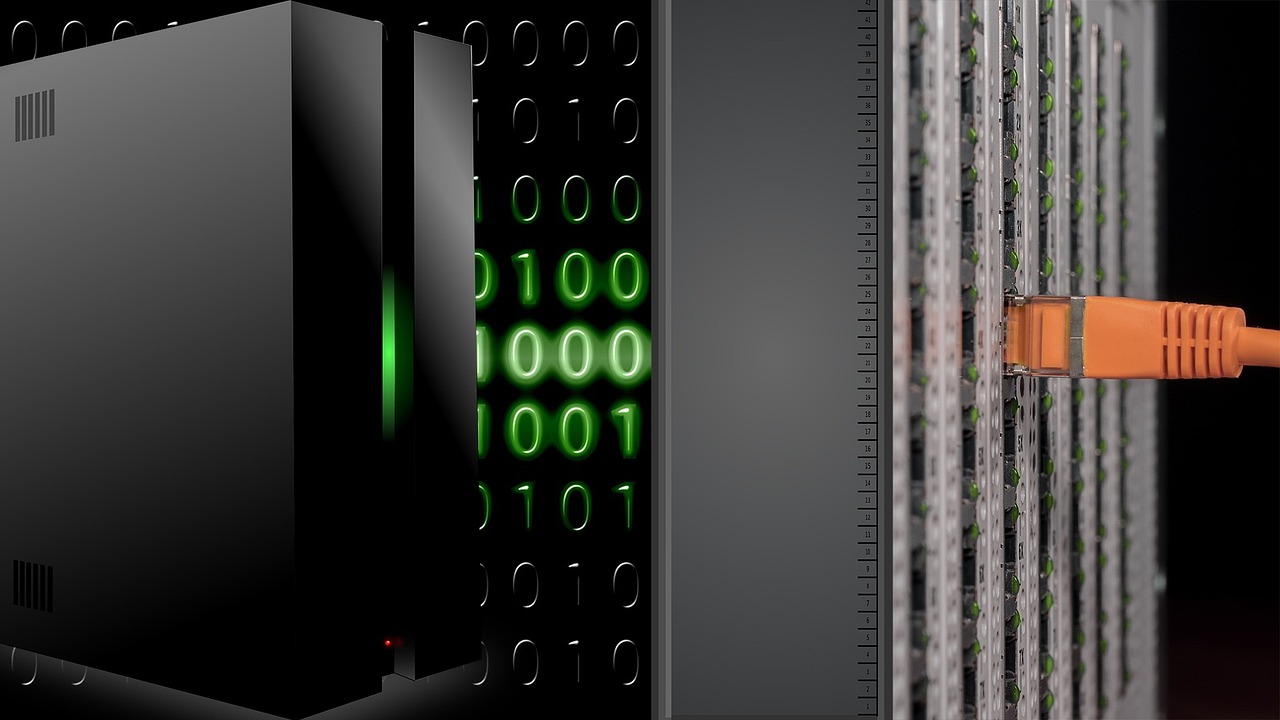Data redundancy and backup are certainly related, but there are identifiable differences between the two concepts. Data backup is the process of storing copies of data locally or virtually, while data center redundancy adds additional protection layers designed to reinforce the current backup. While both represent a piece of the puzzle, it is recommended that companies take an approach that employs elements of both practices, adding protective measures to their local consumer, corporate, and confidential information in order to successfully avoid nefarious attacks on their systems.
Protecting Business Information and Data
The modern business environment relies on technology for everything, and the potential risk of losing essential business data is higher than ever. The effects of a malware attack on data systems can be devastating to an organization regardless of industry or size. In fact, every business should protect its vital information by integrating IT center redundancy in its business contingency/ disaster recovery plan.
The criticality of data center reliability and uptime cannot be ignored. Redundancy guarantees that if a networking component, cable, or power supply breaks down, the organization will not sustain damage. For each of these scenarios, there are redundancies in place to safeguard against failures.
Redundancy of Systems and Data Centers
When selecting or creating a data center, there are a lot of factors to keep in mind. Redundant and dependable infrastructure is an essential element, but many organizations don’t realize just how important it is.
Companies and their customers both hold significant amounts of data and information. While creating a redundant set of information may seem expensive and unnecessary at times, redundant systems and data centers actually work to optimize scalability.
Redundant data centers are always changing and are established in order to support optimum service delivery at a manageable cost. A redundant data center is designed to evolve and change in a simple, scalable way that can guarantee smooth, dependable, and effective data replication.
Compliance is a reality for regulated companies and may be addressed through strategies that may include hiring a data center partner. Your business may have a responsibility to safeguard client transaction records, banking and financial transactions, personal and historical data, and PII (Personally Identifiable Information) – making the need for redundancy and protection glaringly obvious.
Operational Continuity for Corporate Systems
Losing critical data through an attack or data breach can devastate any organization, but it can be more damaging if the business is still working on reputation and goodwill. Offsite data redundancy provides minimal downtime and facilitates a more comprehensive and successful recovery result. If an attack breaches the PII database, an offsite data storage facility allows the business to manage the situation while avoiding any significant downtime or loss. Offsite redundant support can restore operational data, reduce downtime, and safeguard client satisfaction – guaranteeing continuity in the event of an outage.
Many companies have a backup protocol in place to store onsite information, allowing them comprehensive control over their information. However, most industry experts agree this solution – at least on its own – is potentially risky. If there is an unexpected occurrence at the physical location, your information and data may be at risk. Organizations can protect against this risk by backing up data and systems both locally and offsite. A redundant data center that can offer nearly 100% uptime, reliability, and a broad spectrum of data backup and security solutions will keep data secure.
Alliance IT is a managed services company that delivers data redundancy, outsourcing support, and technical expertise to Sarasota SMBs. If you are a small to medium-sized organization that requires IT support, call us today to learn more about our services and how we can help protect your company data.

